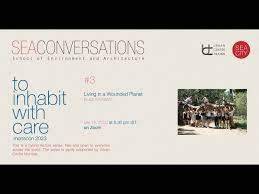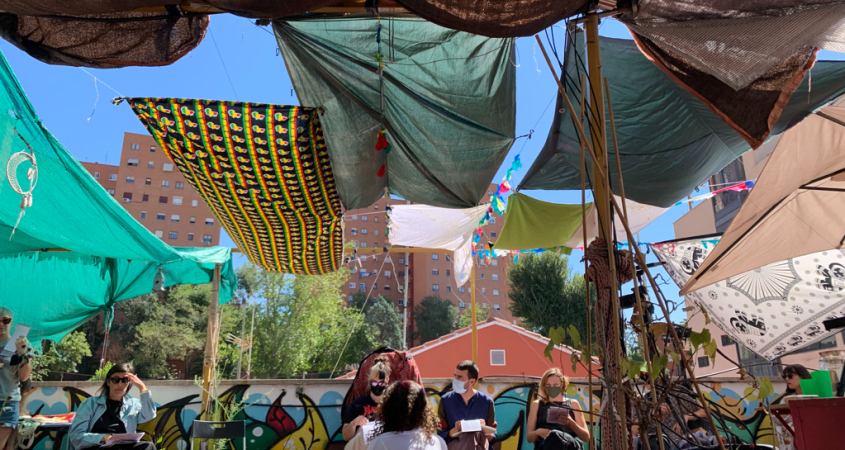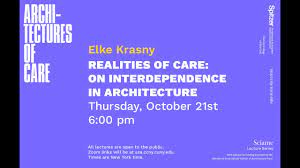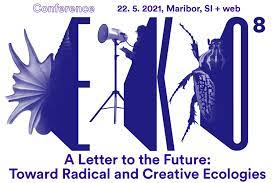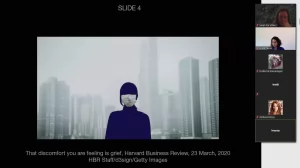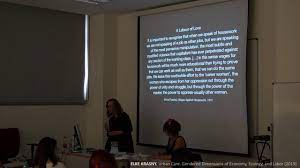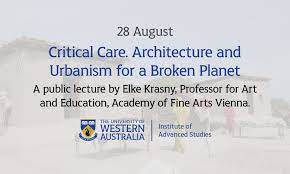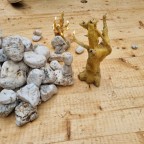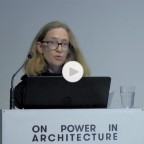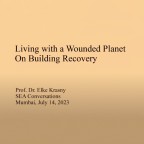Feminist cultural theorist, professor, urban researcher, curator and author Elke Krasny discussed with the artist Jelena Micic her body of work, with the special emphasis on the artwork Twisting by the Pool, which is on view as part of the exhibition Heigh-ho, within which framework the talk took place.
https://www.youtube.com/watch?v=PcRgjrSFWaQ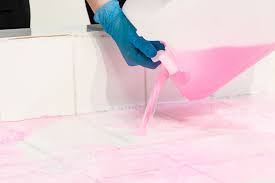
Jelena Micić (*1986, Knjaževac) graduated from the Academy of Fine Arts Vienna (2020) at the Textual sculpture class (Mentor Heimo Zobernig). MA in Philosophy (2012) and Graduated philologist of Scandinavian languages (2010) University of Belgrade. Awarded Dimitrije Bašičević Mangelos Award (2021), Würdigungspreis der Akademie der bildenden Künste Wien for Excellent Artistic Theses (2020), Ö1 Talentestipendium Bildende Kunst (2018) and kültür gemma! Fellowship (2018). Her works are in the Collection of the Federal Ministry for Arts, Culture, Civil Service and Sport in Austria (Artothek des Bundes), Collection of the City of Vienna, Kupferstichkabinett der Akademie der bildenden Künste in Vienna, The Homeland Museum in Knjaževac and private collections. Founder of the informal group UMETNIK*.
Elke Krasny is Professor for Art and Education at the Academy of Fine Arts Vienna. She is a feminist cultural theorist, urban researcher, curator, and author. Krasny’s scholarship addresses questions of ecological and social justice at the present historical conjuncture with a focus on caring practices in architecture, urbanism, and contemporary art. Together with Angelika Fitz, she edited Critical Care. Architecture and Urbanism for a Broken Planet together (MIT Press, 2019). Her forthcoming book Living with an Infected Planet. Covid-19 Feminism and the Global Frontline of Care develops a feminist perspective on imaginaries of war and realities of care in pandemic times.
Video by Anezka Jaburkova
Graphic design and Images by Kristyna Jordanova
Music by Petr Ludvik
